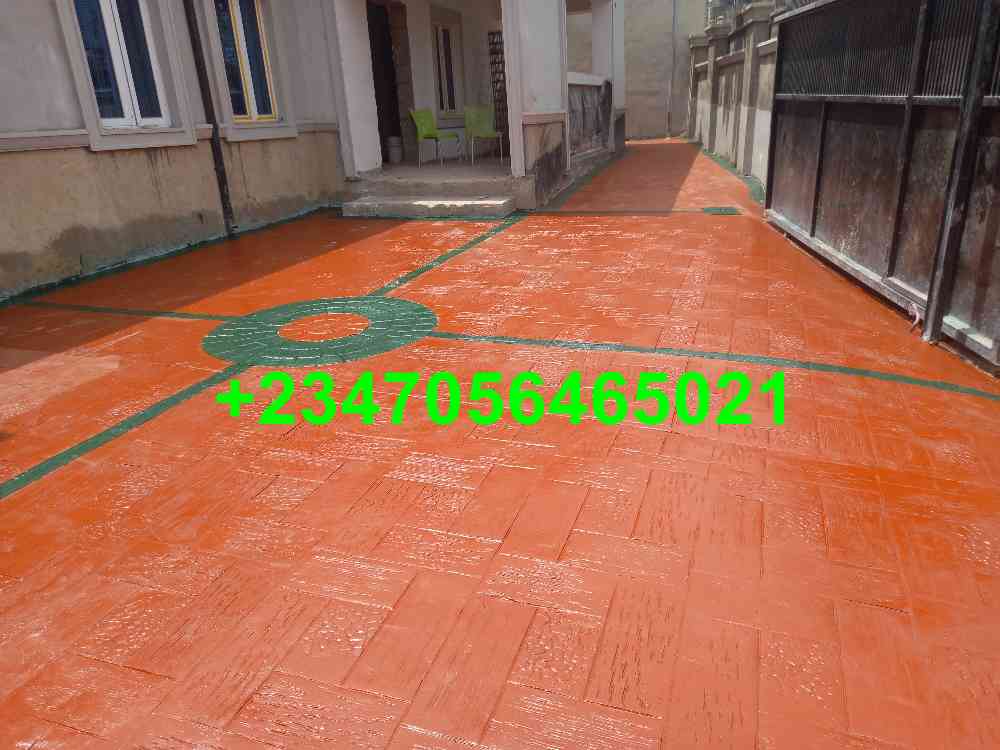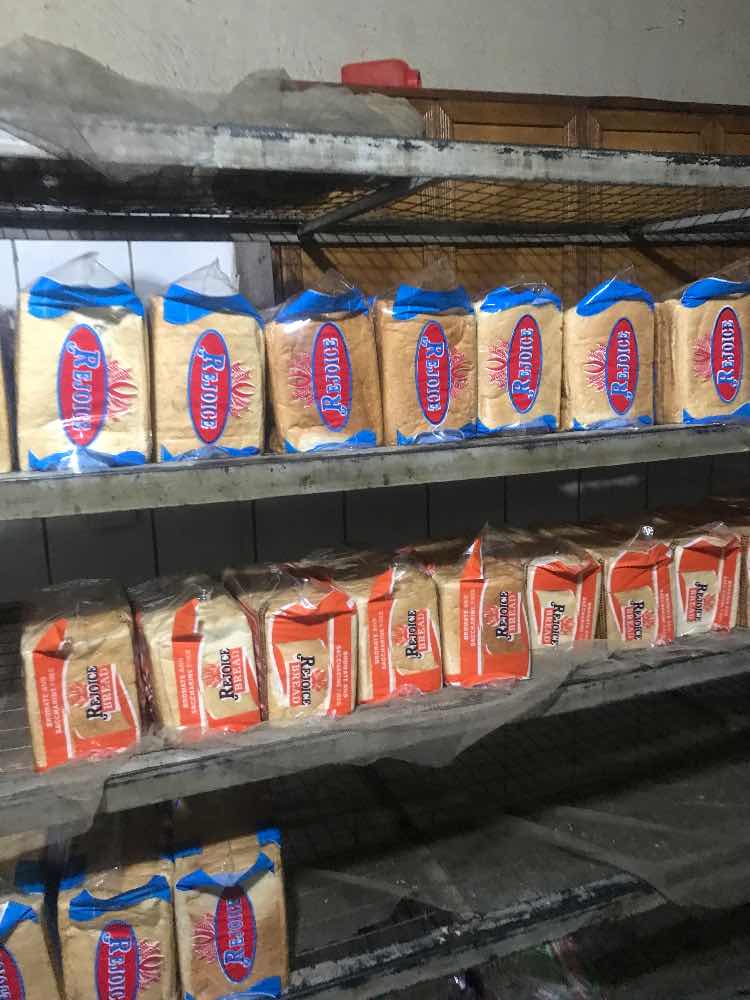JOPAG GROUP LTD
B18, Suite S1, Ocean Centre, Plot 1018, Cadastral Zone, Off Oladipo Diya St, District 900104, Abuja, Nigeria., Abuja City Centre, Abuja
Description
JOPAG Group provides a diverse range of services including fumigation and pest control, real estate consultancy, logistics, food services, and more in Abuja and beyond. We are committed to delivering comprehensive solutions to meet various needs across different sectors.
-
Provider
JOPAG GROUP LTD
-
Category
Other Services
-
Specialty
Other Services
-
Provides service at customer location
Yes
-
Address
B18, Suite S1, Ocean Centre, Plot 1018, Cadastral Zone, Off Oladipo Diya St, District 900104, Abuja, Nigeria.
-
City
Abuja City Centre
-
State
Abuja
Safety Tips for Users
0 comment(s)

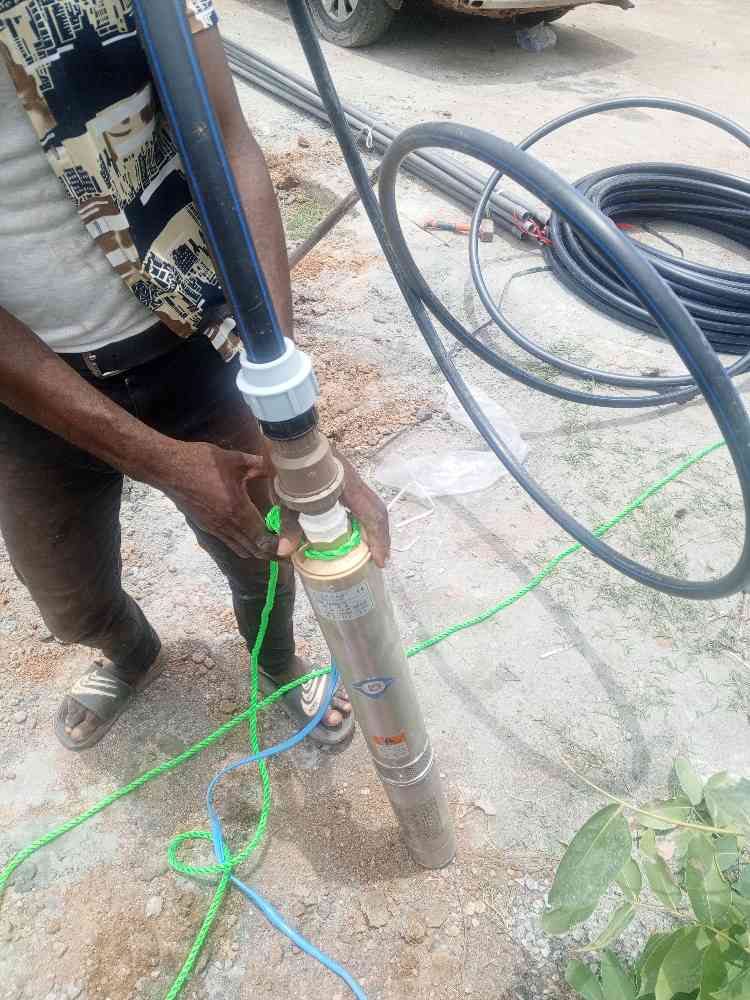

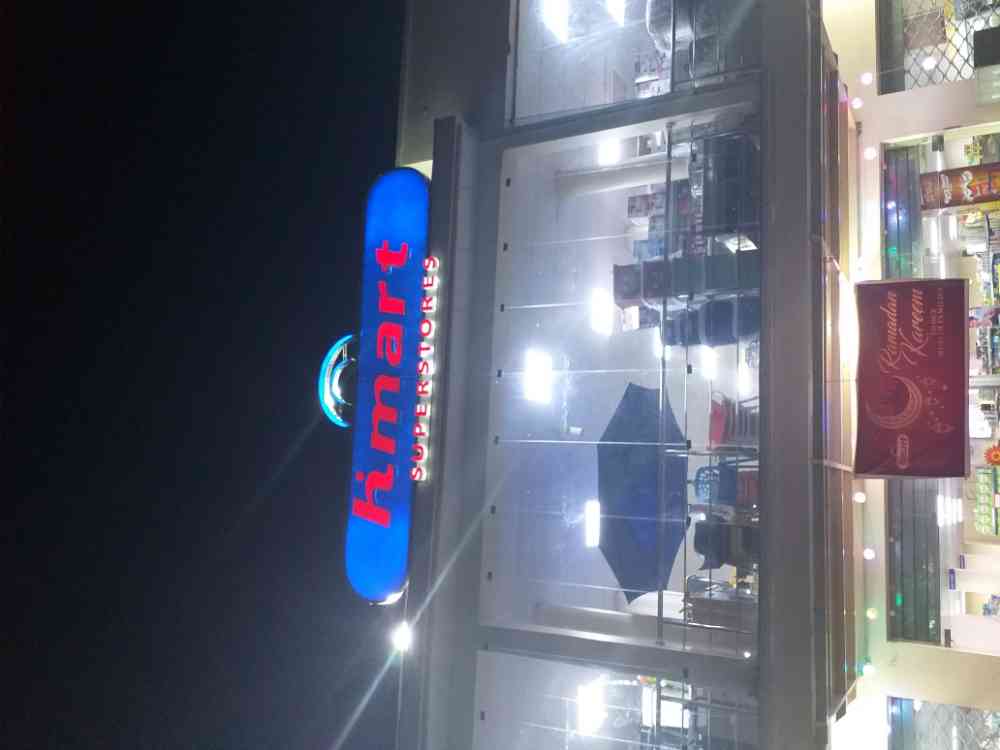



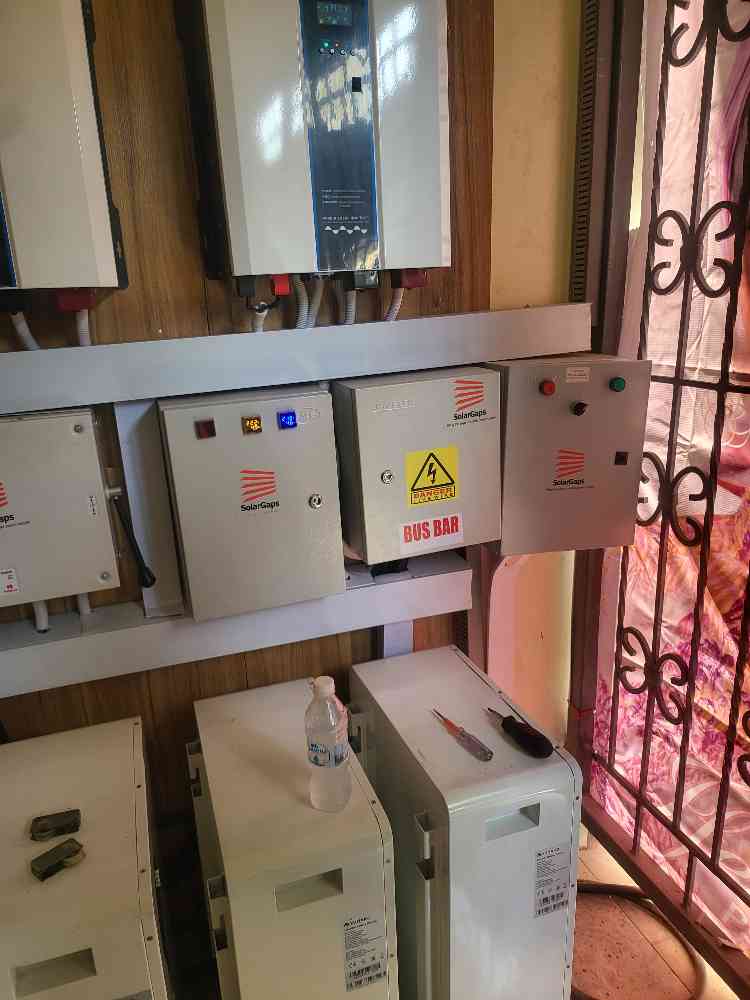
.jpeg)


.jpg)

